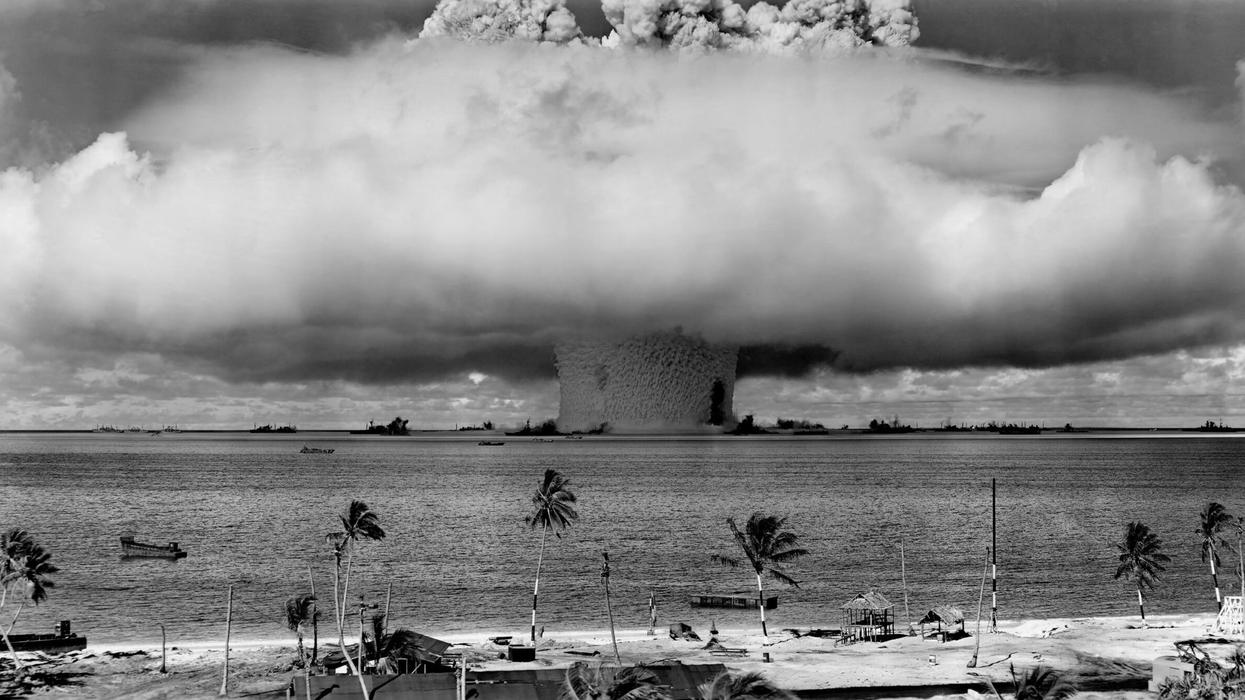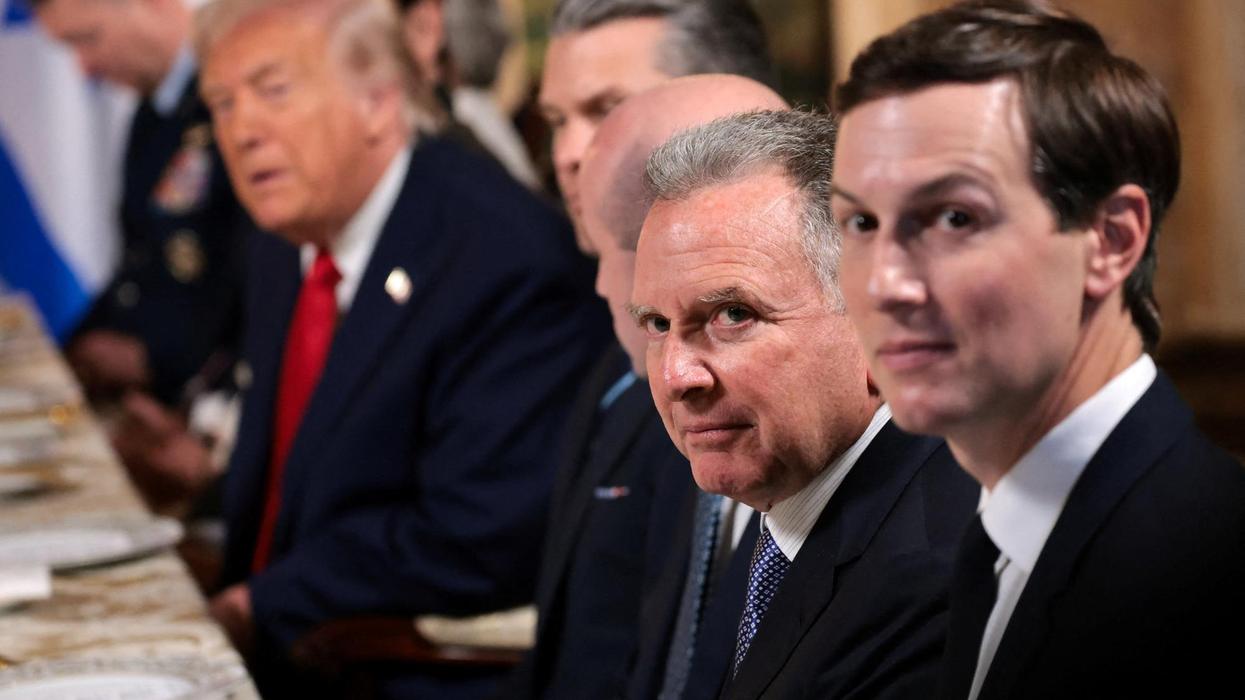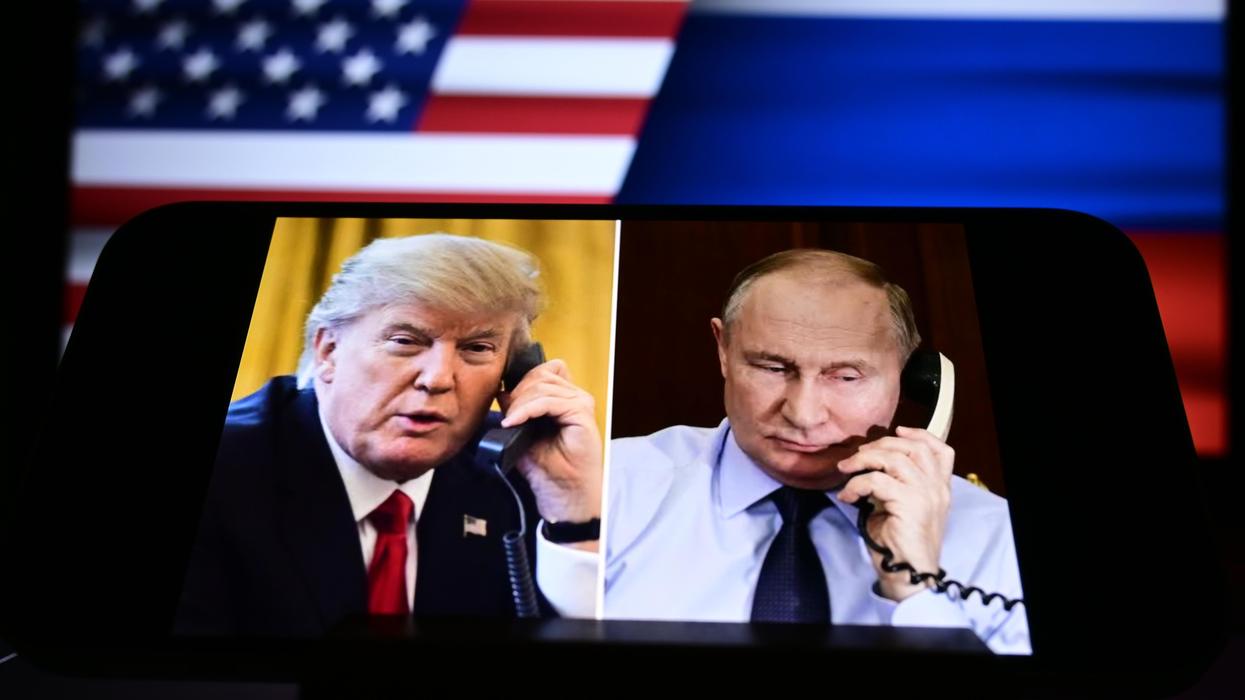Insofar as U.S. policy influences Iranian policy, those who have always opposed the Joint Comprehensive Plan of Action, the multilateral agreement that limited Iran’s nuclear program, have to be creative in constructing their talking points. The record of the last six years has shown that the first half of that period, when the JCPOA was fully in force and international monitoring confirmed Iran’s compliance with the strict limits that the agreement had imposed on Iran’s nuclear activities, was markedly better than the second half that began after the Trump administration reneged in 2018 on U.S. obligations under the JCPOA and thereby relieved Iran of its obligations.
Trump’s subsequent “maximum pressure” campaign against Iran was a conspicuous failure on every front. A year after Washington’s reneging, Iran started ramping up its uranium enrichment beyond the JCPOA limits to the point where the estimated “break-out” time it would now need to make enough fissile material for a nuclear weapon is down to only a month or two, rather than approximately a year under the JCPOA. Iranian regional activity became at least as aggressive as it was before. And with the U.S. reneging having politically discredited those leaders within Iran who favored concessions and negotiations with the West, hard-liners are now firmly in control in Tehran.
Among the creative arguments attempted by JCPOA opponents is to blame the consequences of withdrawal that have flowed on the JCPOA itself, instead of on Trump’s renunciation of the deal. Richard Goldberg of the misleadingly named Foundation for Defense of Democracies, an advocacy group that has made opposition to diplomacy with Iran and especially the JCPOA its signature issue, tried this technique when I appeared with him several weeks ago in a program aired in Arabic to audiences in the Middle East. The current worry about breakout times is due to shortcomings of the JCPOA, argued Goldberg, because it left Iran with a nuclear base from which it could expand. He left unsaid that the base Iran had before it was required to dispose of most of it under the JCPOA was many times bigger than what it had when the agreement was in force.
Since the Biden administration came into office, another technique of the opponents has been to blame current Iranian practices on a supposedly softer U.S. policy toward Iran even though, as far as economic punishment is concerned, the policy isn’t really softer at all. A panoply of sanctions the Trump administration imposed on Iran remains in effect, and the Biden administration is even actively enforcing an embargo on oil purchases from Iran. This may not be called maximum pressure — and the Biden administration’s objective is to use sanctions as an incentive to reach an agreement rather than as a means for subverting one — but so far the practical effect from Tehran’s viewpoint is much the same.
That fact hasn’t stopped JCPOA opponents — several of whom are quoted in a recent article by Michael Hirsh in Foreign Policy — from making it sound like Iran is now doing all sorts of bolder and more aggressive things, and maybe even pursuing a nuclear weapon, because the Biden administration supposedly has gone soft on Iran. So FDD’s Behnam Ben Taleblu says, “The biggest factor stiffening Iran’s spine is that the regime believes that not only did it survive maximum pressure and outlive the Trump administration, but that such crippling penalties and political pressure will not be coming back [emphasis added] anytime soon.” “Coming back”? The penalties and pressure are still there. If Iran’s spine is stiff, it is in the face of such pressure, not an absence of it.
The same article refers to an “Afghanistan effect” that postulates a drop in U.S. credibility resulting from the withdrawal of U.S. forces from Afghanistan. But it is fallacy to believe that a state that withdraws from a losing situation in which it does not have vital interests at stake will be less credible in foreign eyes when it comes to upholding more important interests in other situations. The United States does indeed have a credibility problem in the current situation with Iran, but it is not one about U.S. toughness not being taken seriously. The credibility problem, after what Trump did to the JCPOA, lies instead with the doubt as to whether the United States can be trusted to live up to its commitments.
This doesn’t matter much to JCPOA opponents who think only in terms of military attacks and not negotiating agreements. Reuel Gerecht, another FDD person quoted in the article (which fails to mention that affiliation) says, “After Afghanistan and his ending the ‘forever wars’ rhetoric, it’s really not credible to imagine Biden using military force against the Iranian nuclear program.” Too bad Gerecht did not address the effect that being on the receiving end of a military attack likely would have on an Iran that previously looked into acquiring nuclear weapons but then, through negotiation, voluntarily closed all paths to acquiring such weapons. There is no reason to think the Iranian response would be much different from that of Saddam Hussein’s Iraq after Israel attacked a nuclear reactor there in 1981 — the response being to embark on a new accelerated clandestine effort to get the bomb.
The same article also quotes Dennis Ross as saying, “The Iranians are clearly not afraid of us any longer. That in itself means we really don’t have the level of deterrence we need, whether on the nuclear issue or in the region.” This statement, if it is meant as a criticism of Biden, misrepresents the very concept of deterrence, which involves the threat of punishment if someone does not comply with our wishes and the withholding of such punishment if there is compliance. To inflict punishment no matter what the other party does — as with Trump’s initiation of economic warfare despite Iran’s adherence to its nuclear limits under the JCPOA — doesn’t create deterrence; it destroys it. Deterrence will be recreated only after the United States repairs that damage.
Ross does get one thing right. He says, “Iran has now adopted a kind of maximum pressure approach on the United States. It is [adopting] a Trumpian approach toward us, with the expectation that we will concede.” Iran is indeed doing worrisome things these days, and many of them are a direct response to the U.S. policy of pressure left over from the previous administration. They are not a result of some misguided kumbaya on the part of its successor.
















